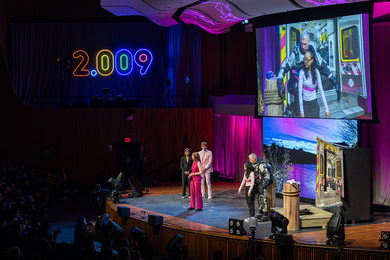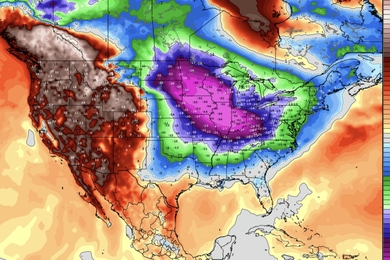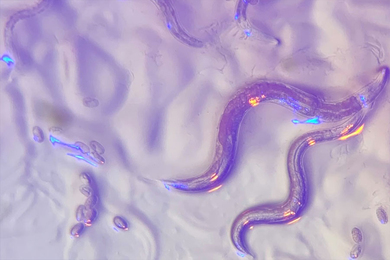The following is an account from the 1896 Olympics by Thomas Pelham
Curtis '94, MIT hurdler, who won the 110-meter hurdles that year. (As
recorded in the July 24, 1924 issue of Technology Review)
"...The Marathon race was one in which the Greeks took more interest than
in any other and for which their athletes had been training a long time.
It was run over the historical course from Marathon to Athens that was
followed by the soldier in olden days who brought the news of the battle
of Marathon to the Athenians. The course was about 42 kilometers, almost
26 miles, and the road was very rough and hilly the entire way. Men of
every nationality were entered in this, as in the other races, and one
woman wanted to compete, but was not allowed to start. The men were set
off at two o'clock, each competitor followed by two soldiers on
horseback."
...................
"At about half past four a gun was heard--the signal that the first one
of the Marathon runners had been sighted. The excitement was intense,
everyone wondering whether the man was Greek, American, English or
French. All contests then in progress were temporarily stopped to await
the arrival of the winner. In the course of a few minutes a tremendous
cheering was heard outside the gate of the Stadium, and a man in the
dress of a Greek peasant ran up the steps and onto the track, making his
way towards the King's throne, in front of which had been placed the
finish line. His appearance showed the tremendous effort that he had
made, and the fearful ordeal he had undergone. He was covered with dust
and grime, the sandals that he wore on his feet were in rags, and his
drawn face showed the strain he had suffered. His name was "Loues"" and
he was a Greek donkey driver from the little town of Marousi.
"As soon as the people were able to recognize him, the cheering and
clapping of hands that broke forth was deafening. Hundreds of pigeons
which had been kept concealed until then were set free, with Greek flags
tied to their feet, hats were thrown in the air, the Crown Prince walked
onto the track and congratulated Loues, and all the pent up enthusiasm
that the Greeks had been saving up during the past six months for this
very event, broke loose with a vengeance. It was almost a half-hour
before any sort of peace was restored.
"Of the other thirty competitors that entered this race, some fell out
almost at once, others stood it until the twentieth mile, but only seven
men finished, and the time made was really remarkable when the condition
of the roads is taken into account. Our representative, Arthur Blake,
was leading at the twelfth mile, but was unable to continue, owing to
the conditions.
"By winning this race, Loues won for himself everlasting glory throughout
Greece. His name has been carved over the entrance to the Stadium, he
was given 25,000 francs by an enthusiastic Greek banker, he succeeded in
marrying his sweetheart, whom her father had hitherto kept from him on
account of his poverty, and wherever he went he was received with shouts
of welcome as the man who had vindicated the glory of Greece against the
athletes of all the world."
...................
[At the awards ceremony] "...As soon as all had received their prizes, a
procession of the victors was formed, and with Loues leading, carrying
the Greek flag, we marched solemnly around the track amid the frantic
cheers of the crowd, who at every wave of Loues' flag would shriek with
joy."





